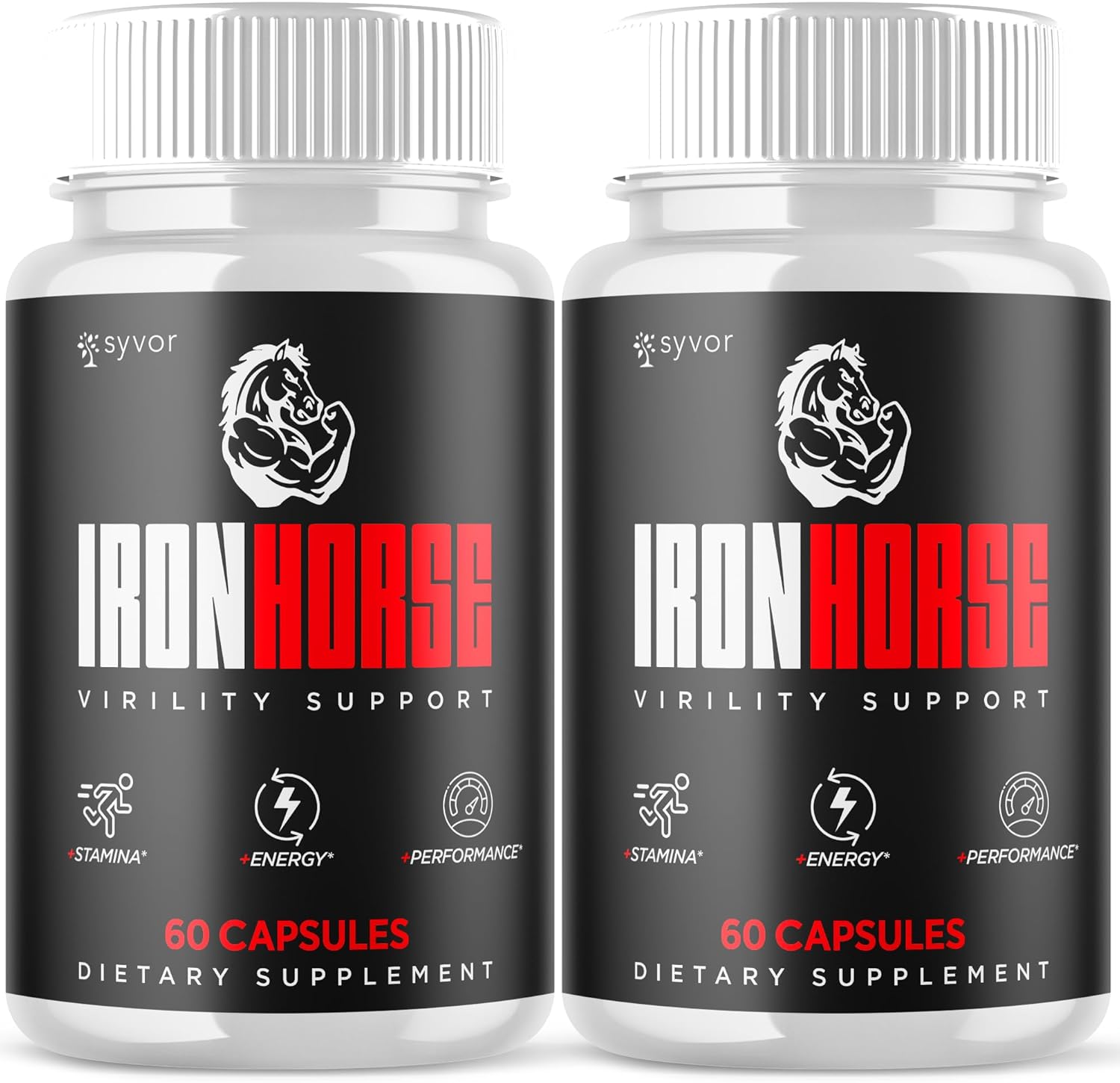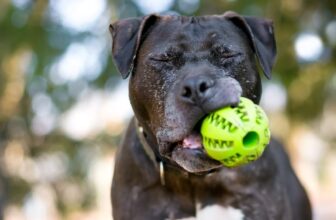
Check out our latest products
As a dog parent, you’ve probably heard about collagen supplements becoming popular for our furry friends. But what exactly is collagen, and should you consider it for your dog?
What Is Collagen?
Collagen is a protein that acts like the “glue” holding your dog’s body together. It’s found in their skin, joints, bones, muscles, and connective tissues. Think of it as the scaffolding that keeps everything strong and flexible. As dogs age, their bodies naturally produce less collagen, which can lead to joint stiffness, skin issues, and other age-related problems.
Potential Benefits of Collagen Supplements
Many dog owners report seeing improvements in their pets after adding collagen to their diet. These may include:
Joint Health: Collagen might help maintain cartilage, the tissue that cushions joints. This could be especially helpful for older dogs or breeds prone to joint problems.
Skin and Coat: Since collagen supports skin structure, some dogs may develop shinier coats and healthier skin with supplementation.
Muscle Support: Collagen contains amino acids that help maintain muscle mass, which is particularly important for senior dogs.
Digestive Health: Some types of collagen may support gut lining health, though more research is needed in dogs.
Types of Collagen Supplements
Collagen supplements for dogs come in several forms:
- Powder that can be mixed into food
- Chews or treats
- Liquid supplements
- Capsules or tablets
The most common sources are bovine (cow), marine (fish), or chicken collagen. Each type contains slightly different amino acid profiles.
Safety Considerations
Generally, collagen supplements are considered safe for most dogs. However, like any supplement, there can be risks:
- Some dogs may have allergic reactions, especially to specific protein sources
- Poor-quality supplements might contain harmful additives
- Over-supplementation could potentially cause digestive upset
What the Science Says
While collagen supplementation shows promise, it’s important to know that research specifically on dogs is still limited. Much of what we know comes from human studies. The dog’s digestive system breaks down collagen into amino acids, which the body then uses to build its own collagen where needed.
Making the Right Choice
Before starting any collagen supplement, consider these factors:
Age and Health: Older dogs or those with joint issues might benefit more than young, healthy dogs.
Quality Matters: Look for supplements from reputable manufacturers that test their products for purity and potency.
Diet First: A balanced, high-quality diet should be your first priority.
While collagen supplements might offer benefits for some dogs, every dog is different, and what works for one may not work for another.
Before adding any supplement to your dog’s routine, consult with your veterinarian. They can help determine if collagen supplementation is appropriate for your specific dog based on their age, health status, and individual needs.
Post Views: 21
Animal Wellness is North America’s top natural health and lifestyle magazine for dogs and cats, with a readership of over one million every year. AW features articles by some of the most renowned experts in the pet industry, with topics ranging from diet and health related issues, to articles on training, fitness and emotional well being.



![[PETHROOM] Cat Nail Clipper Trimmer for Indoor Cats with Circular Cut Hole (2mm) | Premium Sturdy Stainless Steel Blade Cat Claw | Safe, Easy, Accurate, Quiet & Fast | Avoid Overcutting](https://m.media-amazon.com/images/I/6156hi88deL._AC_SL1298_.jpg)
![[PETHROOM] Professional Eye Comb for Pets | Stainless Steel Tear Stain Remover for Cats & Dogs | Gentle Round-Head Grooming Tool | Compact & Portable for Eye Gunk Removal](https://m.media-amazon.com/images/I/71+W758uwXL._SL1500_.jpg)









